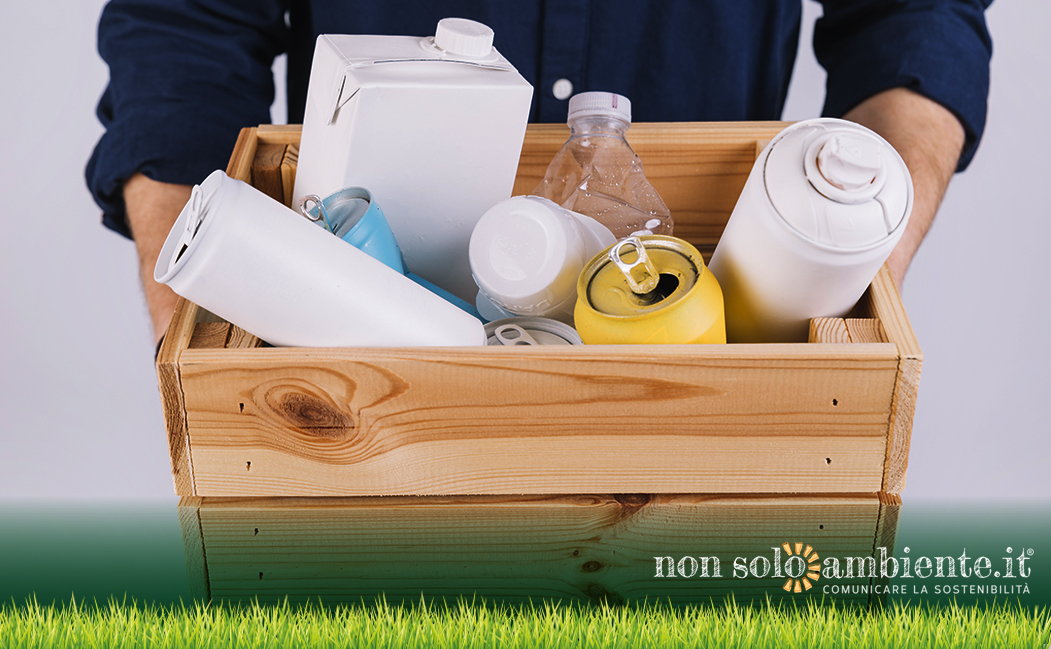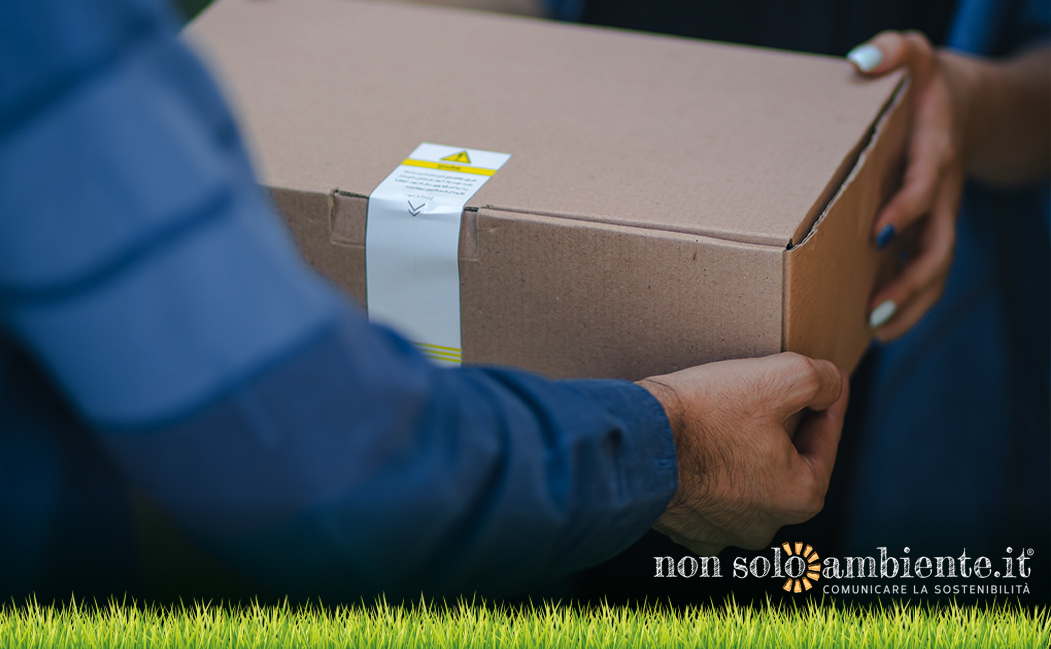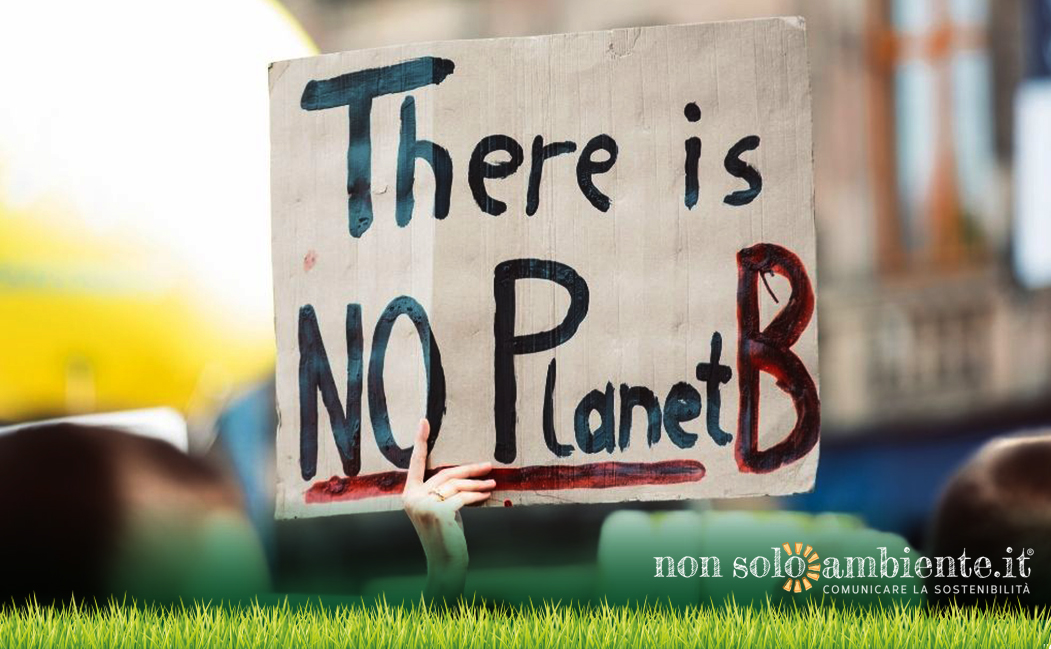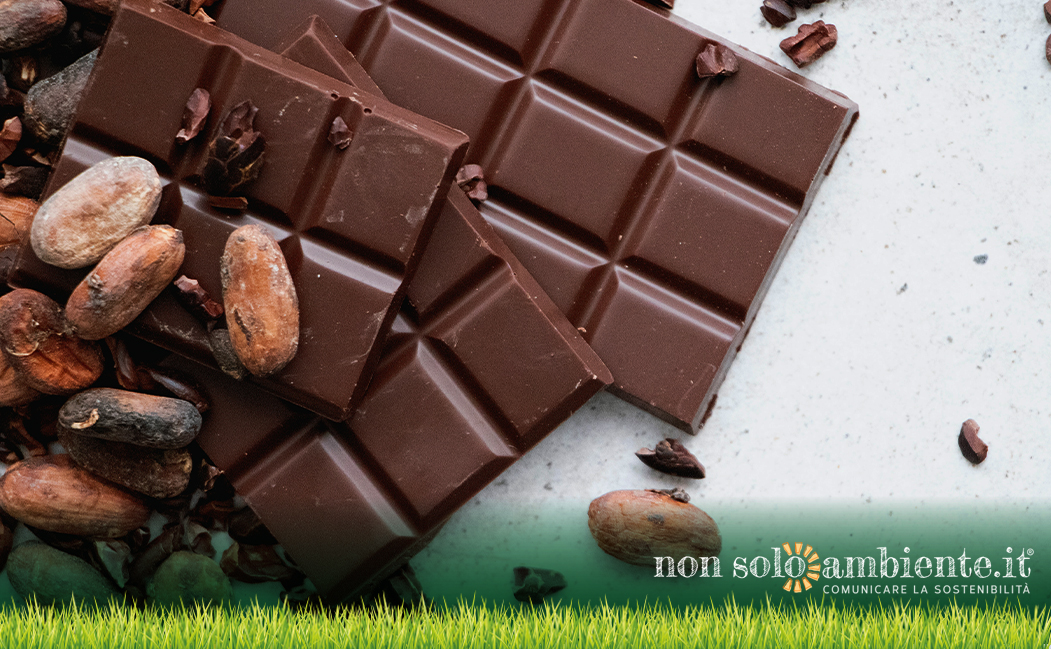

Do you know how to recycle toothpaste tubes, medication blister packs and old make-up?
Recycling household products can help the environment - but it is not always straightforward. Here is a list from the BBC to help you realise how hard recycling some products might be.
Toothpaste and squeezable tubes
According to the BBC, toothpaste tubes can often contain a thin layer of aluminium and be made of different types of plastic - making it challenging for recycling plants to separate and process them. However, some brands such as Colgate work in partnership with Terracycle, which moulds items into new products (i.e. park benches), to offer a free recycling scheme for toothpaste tubes, toothbrushes, outer packing and electric and battery toothbrush heads.
Cookware and Pyrex dishes
“Unlike glass bottles and jars, drinking glasses and glass cookware, like Pyrex, are non-recyclable. This is because they are heat-treated so do not melt at the same temperature as other glass items”, states the BBC article.
Receipts
Paper receipts printed on shiny thermal paper, are not recyclable, since they are coated with bisphenol A (BPA) or bisphenol S (BPS). Such chemicals can be harmful if they are released into the environment or ingested in large quantities. Instead, some stores send an email or digital receipt or give you the choice of whether to take a printed receipt instead.
Crisps/chips packets
Crisp packets and other metallised plastic film products cannot be recycled because of the grease and crisp residue. Crisp packets could be recycled if the contaminants are separated through different processes, the BBC reports – for instance, through the scrunch test, which checks whether something is recyclable.
On the other hand, according to the BBC, Pringles tubes are said to be a 'nightmare' to recycle because they combine five different materials, which include a metal base, tear-off foil top, a plastic lid, silver foil lining inside and a cardboard outer sleeve.
Cotton wool and make-up removal pads
Cotton wool and make-up removal pads cannot be recycled as well, but in some circumstances can be composted with the kitchen waste. Wool could be added to the compost bin, but only if it has not been used to remove make-up with chemicals such as disinfectants, as they could contaminate the compost heap. Some cotton wools are also blended with synthetic materials, such as polyester, so would be unlikely to decompose. If in doubt, leave it out, and put it in your general waste bin.
Tags:
Potrebbero interessarti ...
Snam’s commitment to sustainability at Dubai Expo 2020
13 Ottobre 2021No more chocolate by 2050 because of extreme droughts effects
22 Settembre 2021How much CO₂ do urban forests absorb?
15 Settembre 2021Iscriviti alla nostra Newsletter!
Sei un sostenitore dell'ambiente in tutte le sue forme? Allora sei nel posto giusto!
Iscriviti subito!




